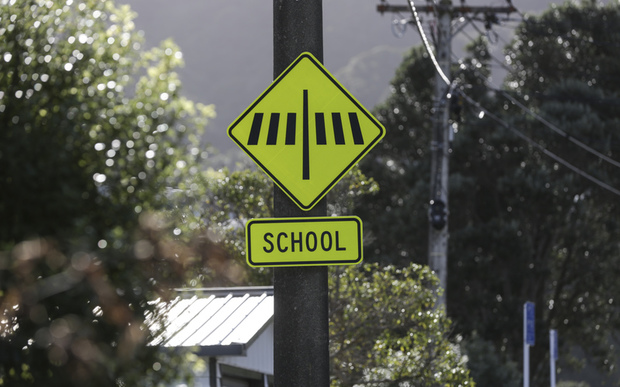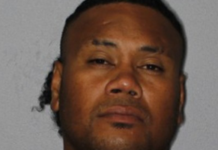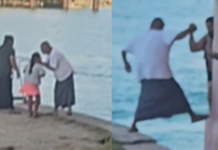By Paul Heyward of ‘The Conversation’. Republished with permission
The news that all staff members at a small King Country school were still unvaccinated a week out from the government’s November 15 mandatory deadline underlines how challenging the weeks ahead might be.

Next Monday marks the day teachers will need to have received at least one dose of the Covid-19 vaccine if they want to continue to work with students in a face-to-face learning environment.
It will also be the day educational leaders find out with some certainty who their vaccine-hesitant colleagues are, and when the career pathways of many committed educators will come to a crossroads.
With it looking likely some schools will face significant staff shortages, the teaching profession now has to seriously wrestle with how to demonstrate the value of manaakitanga to all colleagues, including the unvaccinated.
The code of responsibility
As a fully registered teacher (as well as an academic) I will be free to teach in New Zealand schools, alert levels allowing, because I am double vaccinated. But I know that is not the case for some of my very talented and committed colleagues who have refused the Pfizer jab.
I can only imagine the professional identity crises these colleagues must be experiencing.
I’m thinking of those teachers who sincerely believe they are honouring their commitment to society – espoused in the Teaching Council of Aotearoa New Zealand (TCANZ) Code of Professional Responsibility – by standing up for the human rights of New Zealanders to bodily autonomy.
I’m thinking of those teachers who passionately believe they are honouring their commitment to society by displaying the ethical integrity to stand up to a power they believe is misleading the public.
I’m thinking of those teachers who believe they are “walking the talk” of a critically reflective practitioner by refusing to be vaccinated.
And I’m thinking of my own commitment to those teachers as my professional colleagues, notwithstanding my fundamental disagreement with their anti-vaccination beliefs.
Teaching as an ethical activity
The TCANZ guiding document for teachers – Our Code, Our Standards – outlines the ethical commitments of all teachers. The council recognises that for the code to be “owned”, the professional commitments should not be seen as a list of prescribed rules.
Rather, it is a set of agreed aspirations that encourage collaborative conversations between practitioners about the ethical nature of their work.
There is no doubt the vaccine mandate will demand some of the most ethically challenging conversations teachers from both vaccination camps will have in their professional careers.
However, that’s no reason to shy away from collegial awkwardness. One of New Zealand’s pre-eminent educational thinkers, the late Ivan Snook, believed teaching is an innately ethical activity as it involves close personal relationships, not least between colleagues.
Snook also provides us with some wise guidance on how we might go about these challenging discussions. He addresses the fundamental tension teachers face when trying to persuade others to take a on a point of view they believe is demonstrably rational.
Snook frames this tension as the “conflicting obligations to respect the learner’s state of mind and also move her towards a more adequate understanding and a more enlightened practice”.
An ethic of care
As colleagues in discussion with those who disagree with us on the vaccine mandate, we must be ready to respect the ethical integrity of alternative viewpoints, while providing rational alternatives based on reputable scientific evidence.
Nor should we decry those who distrust authority. As Snook argues, a major task of educators is to help others come to understand the importance, and limitations, of all authorities.
It is my hope that over the next few months we will see the code truly become “our code” as it guides vaccinated and unvaccinated teachers to have these respectful conversations about what it is to be a critically reflective, ethical teacher in a society in the grip of a global pandemic.
But if the code is to guide teachers through these difficult conversations it needs to be used with care. If it’s simply a weapon of entrenched positions there is nothing to be gained.
Educational philosopher Nel Noddings said conversations of this complexity need to happen within an “ethic of care” that is sensitive to the relationships in which we must all continue to live.
In the spirit of whanaungatanga, I encourage my vaccinated and unvaccinated colleagues to be courageous and use the code to discuss the vaccine mandate within such an ethic of care.
Let us decide together what that is, and what it means to be an ethical teacher in Aotearoa New Zealand in this watershed moment for our profession.
*Paul Heyward is Head of Initial Teacher Education, University of Auckland. Disclosure statement: I have publicly commented on the development and implementation of the Teaching Council Document ‘Our Codes, Our Standards’ in the media.







